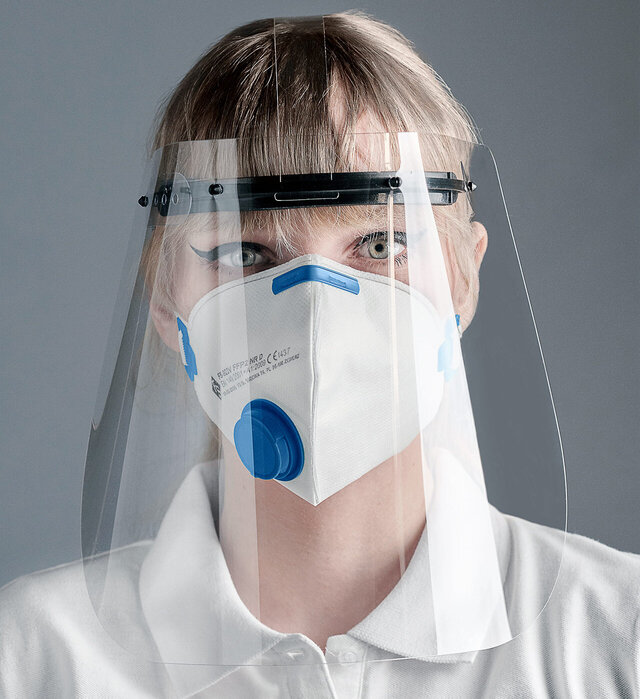Innovative response
May Day celebrations at the Virtual Helsinki attracted 1,5 million to party at home
Finland's annual May Day celebrations gather yearly tens of thousands of people to the parks in the capital city of Helsinki to celebrate the beginning of the summer season. This year the celebrations took a completely new form.
City of Helsinki encouraged people to stay at home and invited the entire country to a virtual concert in an online version of the capital city. One of Finland’s most popular rap bands, JVG, performed live from a studio using green-screen technology, appearing as if they were giving the concert at the iconic Senate Square in the centre of Helsinki. The spectacular gig in the Virtual Helsinki, which anybody was able to access for free, attracted 1.5 million people in attendance and the media coverage was more than half a billion.
The platform was developed over two years through a partnership with Helsinki-based studio Zoan. The tool was built using 3D modelling from open data provided by the city, which Zoan merged with drawings, hand-crafted modelling and imagery.
The city is developing the Virtual Helsinki platform to host other events related to art, music, business and international conferences to demonstrate the possibility of VR for citizen and visitor experience, and to strengthen city’s resilience to global issues like the COVID-19 pandemic. Helsinki wants to be the pioneering city of digital innovations, which foster good life.
Specific issues addressed and anticipated impact
The Virtual Reality gig was created as an instant and innovative public service preventing the possible spread-out of the COVID-19.
Normally, the City of Helsinki has no organizing responsibility whatsoever of the May Day celebrations. Due to the COVID-19 situation, the local authority took over a major responsibility in motivating people to stay safely at home.
"Nothing will be happening in physical Helsinki. But instead of a traditional May Day, the best virtual May Day in the world will be celebrated", Helsinki Mayor Jan Vapaavuori stated and urged people to remember the government guidelines on preventing the spread of coronavirus.
The Finnish media supported the "stay at home" message of the national and local authorities and the police department.
The City of Helsinki invested in the marketing of the remote May Day celebrations, which resulted in great results: Only a handful of people gathered to the major picnic parks. Besides of the virtual gig, also other live concerts were offered digitally by the city throughout the two-day May Day celebrations from 30 April to 1 May.
The May Day event at the Virtual Helsinki platform was a joint venture, which required fast mobilization of resources both within the city organization as well as with various partners. The spectacular event enabled to lift up the spirit of the people after the tough spring term. People wanted to join "the historical remote May Day event", which strengthened the sense of community and eased the negative social effects of crisis.
Organisations/institutions involved
City of Helsinki
Helsinki Marketing
Zoan Ltd, VR studio
The Helsinki Police Department
Student unions
Media partners
Miltton Ltd, marketing agency
National partners
Potential issues
City of Helsinki shall expand the use of its virtual twin, Virtual Helsinki, even further in various partnerships in order to deliver online events and remote experiences as the Coronavirus (COVID-19) lockdown continues.
The Virtual Helsinki initiative has also been used to recreate experiences of the city’s most famous landmarks through VR, thus promoting sustainable tourism and the aim of the city to become carbon-neutral by 2035.
- Local government
- Private Sector
- Non-Profit/Civil Society
Issues being addressed:
- Health and safety of responders
- Resource management and mobilisation
- Public service delivery under new circumstances
- Social effects of the crisis
Date Submitted:
17 July 2020


